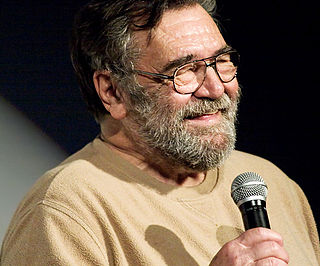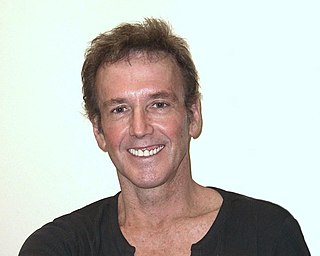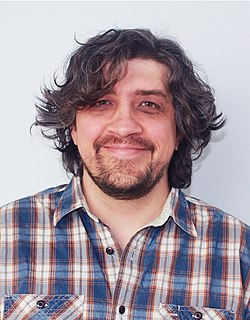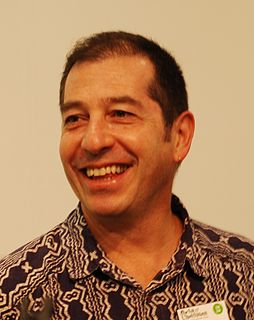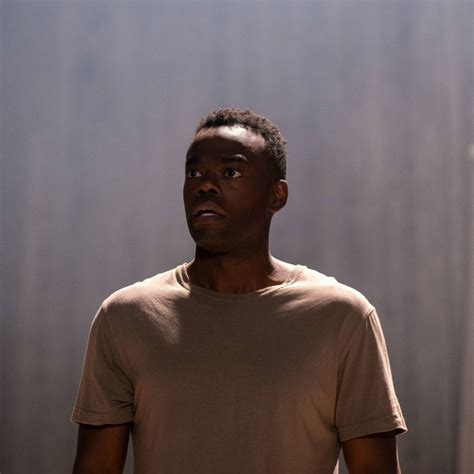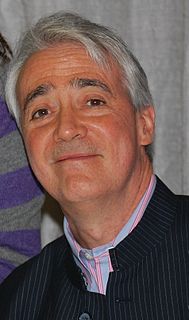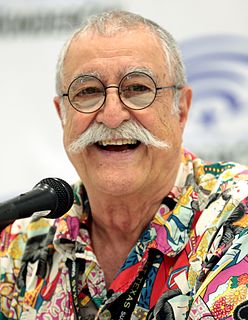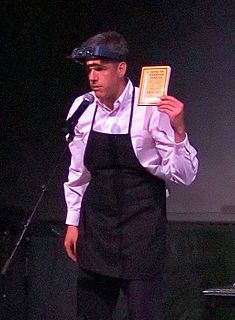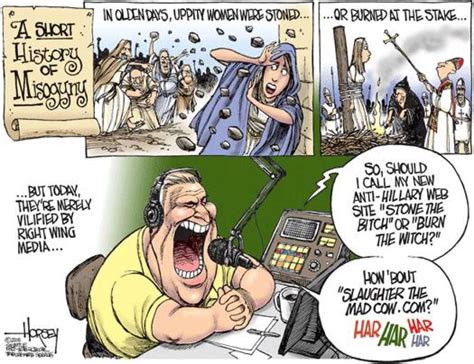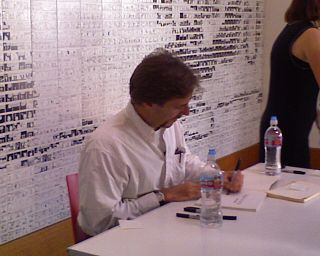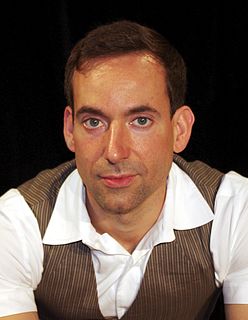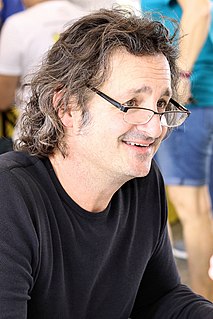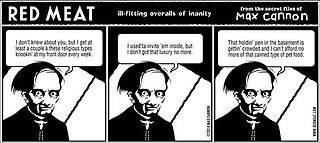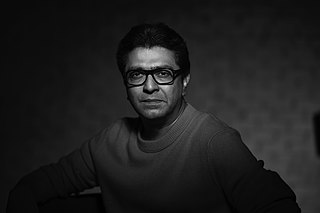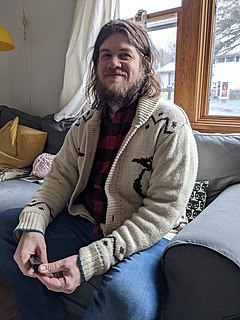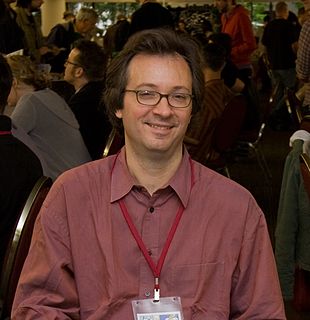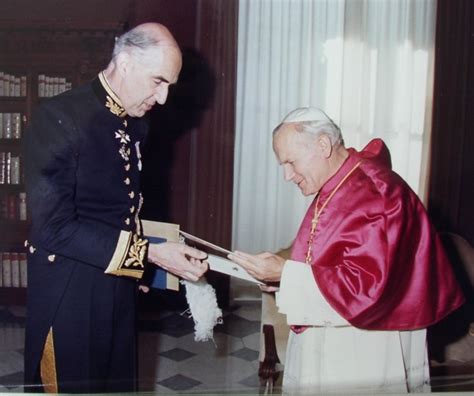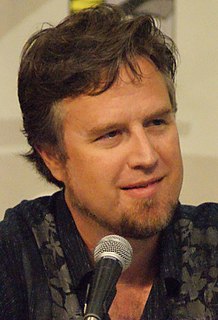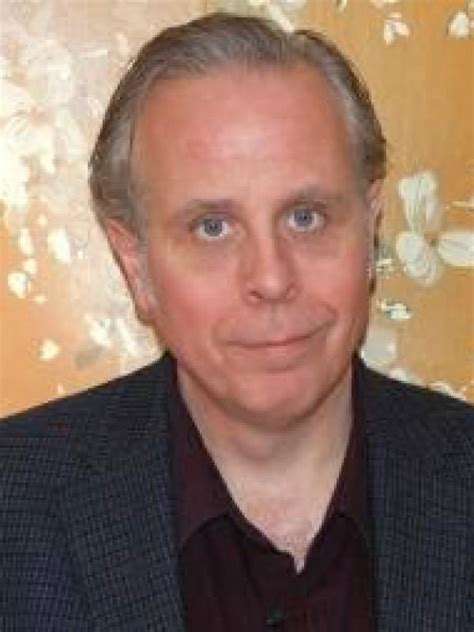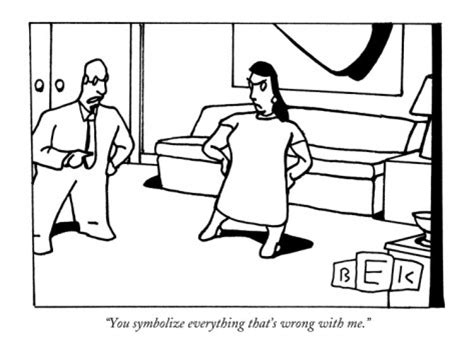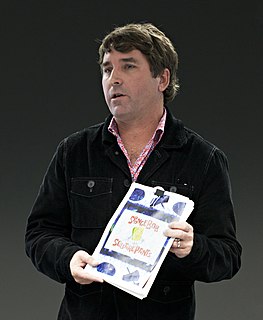Top 70 Cartooning Quotes & Sayings
Explore popular Cartooning quotes.
Last updated on November 7, 2024.
The art of cartooning is vulgarity. The only reason for cartooning to exist is to be on the edge. If you only take apart what they allow you to take apart, you're Disney. Cartooning is a low-class, for-the-public art, just like graffiti art and rap music. Vulgar but believable, that's the line I kept walking.
It is more raw and unfettered and I'm more likely going into something you could call extreme cartooning. There's a lot of that in the course of 'Holy Terror.' There are interludes where there are pictures - cartoon pictures - of modern figures and they are all wordless. It's up to readers to put the words in.
The type of cartooning that I think is generally referred to as 'alternative' or 'underground' is usually - the distinction is usually in terms of whether it's made by one person, the entire thing is done by one hand or more of a production line process, which is how the comics that we grew up reading were made.
I think the experience forced me to consider how interested I was in political cartooning. After I was fired, I applied to other papers but political cartooning, like all cartooning, is a very tough field to break into. Newspapers are very reluctant to hire their own cartoonists when they can get Oliphant or MacNelly through syndication for a twentieth of the price.


